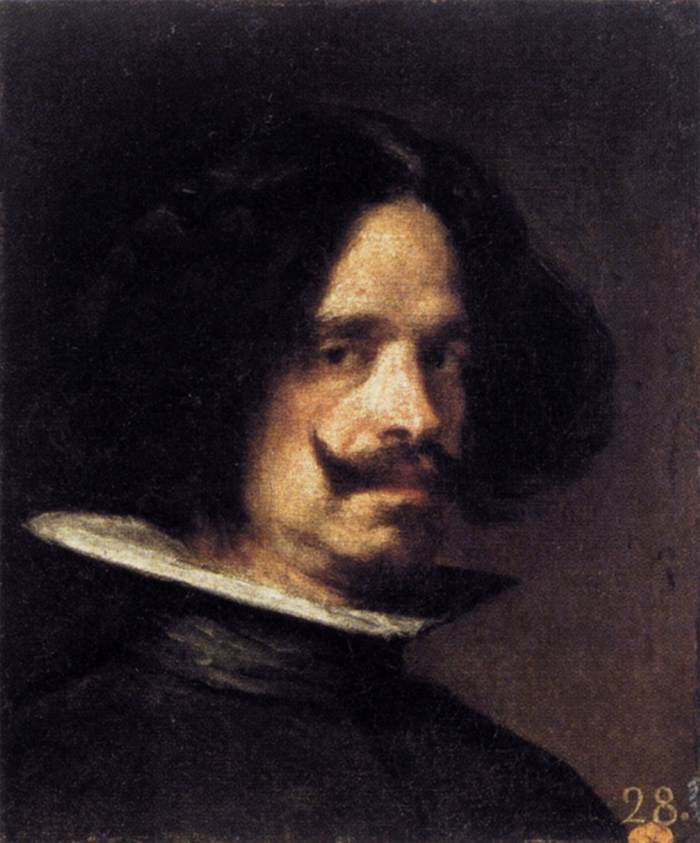Description
The self-portrait painted by Diego Rodríguez De Silva y Velázquez, known simply as Velázquez, is a work of great importance in the history of art. Originally sized at 46 x 38 cm, this painting captures the essence of the artist and reveals interesting aspects of his artistic style, composition, color and history.
First of all, Velázquez's artistic style stands out in this self-portrait. His masterful technique and ability to capture reality are evident in every brushstroke. Velázquez manages to portray himself with astonishing realism, showing every detail of his face and clothing. His mastery of light and shadow creates a sense of depth and volume, bringing the figure to life.
The composition of the work is also very interesting. Velázquez is portrayed at half length, looking directly at the viewer with a serene and confident expression. Her posture is graceful and her figure stands out against a neutral background, bringing special focus to her face and figure. This simple but effective composition allows the attention to be focused on the artist himself and his self-portrait.
As for color, Velázquez uses a limited but effective palette. Earthy and neutral tones predominate, with subtle touches of brighter colors on her face and clothing. This creates an interesting contrast and highlights the figure of the artist. In addition, the use of warm colors on his face conveys a feeling of warmth and closeness, inviting the viewer to learn more about the artist.
The history of this painting is also fascinating. Velázquez is believed to have painted this self-portrait around 1643, when he was already recognized as one of the great painters of the Spanish court. Although the exact reason for its creation is unknown, it is speculated that it may have been a study exercise or a display of his skill as a portraitist. Regardless of its purpose, this work reveals Velázquez's talent and mastery as an artist.
Finally, there are little-known aspects of this self-portrait. For example, it has been suggested that Velázquez may have used a mirror to paint this work, adding an additional level of technical complexity. In addition, it has been debated whether this self-portrait was really painted by Velázquez or if it could have been made by a follower or disciple of his. Although these theories have not been confirmed, they add an intriguing element to the story of this painting.
In conclusion, Velázquez's self-portrait is a work of great artistic and historical value. Its masterful style, effective composition, use of color, and enigmatic story make this painting a treasure trove of art. Through this self-portrait, Velázquez invites us to learn more about his skill as a painter and allows us to delve into his creative world.

